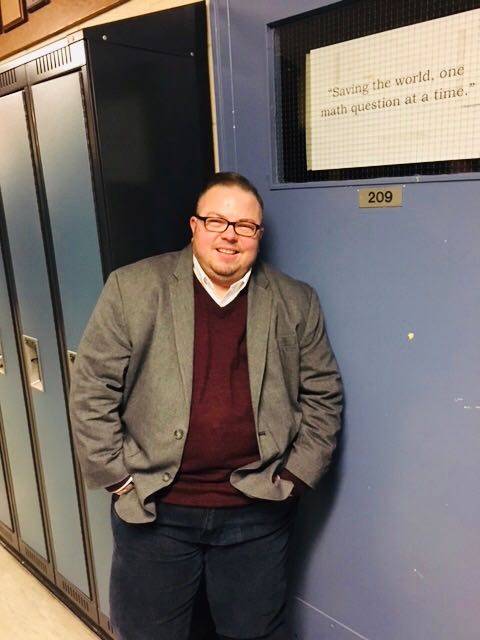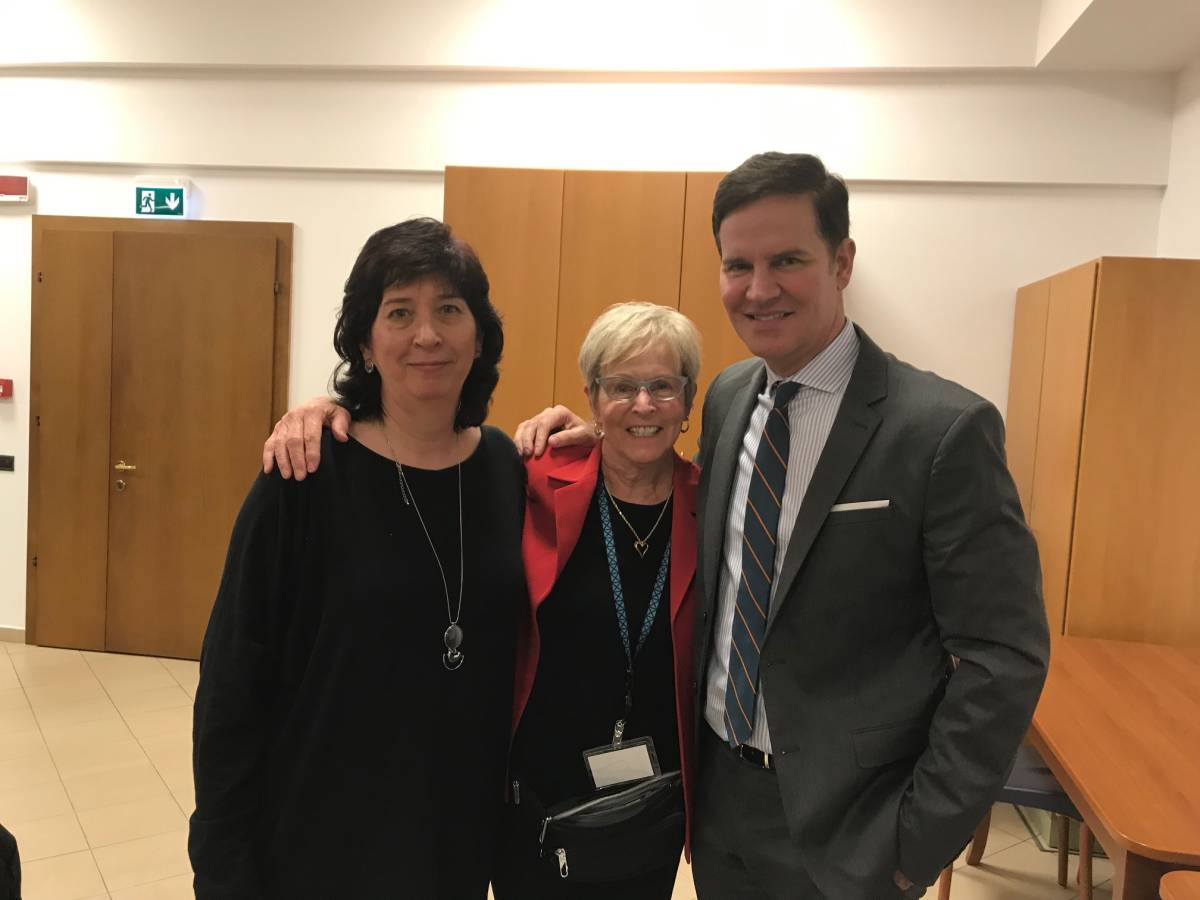Catholic Church Abuse: Canada’s Dark History and How to Move Forward
By Rebecca Joseph
Allegations then cropped up against specific priests across Canada — including the case of Angus Alexander McRae and Damian Lawrence Cooper. Both cases showed instances of their respective archdioceses placing them back into service after the allegations were known to officials. Since then there have been more cases involving hundreds of children — including in residential schools, where the government and church officials were both accused of systematically covering up instances of sexual and physical abuse. The Truth and Reconciliation Commission found in 2015 that “from the nineteenth century onwards, the government and churches were well aware of the risk that staff might sexually abuse residential school students.” There are “so many untold numbers because many cases of abuse were settled outside of court and … the number of victims will remain unknown,” Hickey explained. Hickey says not much has changed since all these cases have come forward, despite broad statements about change from church officials. “I don’t know how the church can take responsibility when they are still fighting claims in court,” Hickey said. “There were some recommendations made from the U.S. inquiries and the archdiocesan commission into sexual abuse by clergy here,” Hickey said. “I know the church could have utilized those moving forward but it seems like those reports have been shelved.” Moving forward: Zero tolerance with a focus on victims Many survivors want to move on but say they’re skeptical because the summit doesn’t include meeting with the victims. Instead, a small group met with organizers Wednesday, on the eve of the summit. The 12 survivors of abuse who took part in the two-hour meeting said they were disappointed the Pope did not attend, even though he was not scheduled to be there. “We need to have a discussion with the man who makes the rules and has the power in this institution, and that’s Pope Francis,” said Peter Isely, an American from Milwaukee who was abused as a child by a priest, according to Reuters. Isely also reiterated calls for zero tolerance for the cover-up of sex crimes. Vancouver-based Leona Huggins was also one of the 12 people at the meeting with Vatican officials. She was abused as a youth — and said her priest told her if the pope ever found out about it she would be excommunicated. That’s why going to Rome to share her story was so meaningful.
“In that room, each of us as survivors said very similar things to what I said,” Huggins told Global News. “And as we went around the table. the energy and the strength of what we were saying and the truth-telling that we were doing was very very powerful. “I really felt like it was Oz and we’re revealing the little tiny man behind the screen because their responses really showed that there’s so much work that has to be done to change.” But when she asked the Vatican representatives what was going to change, she felt she wasn’t given an adequate response. “I really hope that the outcome of this summit will move everyone forward. But I can’t help but be a little skeptical,” Hickey said, noting that they will not meet with the bishops. Hickey said all the priests have to do is turn over offenders to law enforcement officials instead of shuffling them around the organization. Hickey will meet other victims of abuse in Rome while Vatican officials will speak with bishops behind closed doors. Reverend Ronald P. Fabbro, Bishop of London, Ont., wrote that it was a “formidable task” to try to clean the “scourge of clergy abuse” in a foreword for Protecting Minors from Sexual Abuse: A Call to the Catholic Faithful in Canada for Healing, Reconciliation, and Transformation. The document — provided by the Canadian Conference of Catholic Bishops — outlines how to protect minors, and includes rules like any priest convicted of abuse will be barred from public ministry and in some cases dismissed from the Church. Officials from the conference told Global News it was well received in the community, and Vatican spokesman Father Federico Lombardi even mentioned it in a semi-official publication. The Canadian document encourages clergy members to meet with victims — something victims have been wanted for years. The president of the Canadian Conference of Catholic Bishops will be attending the meeting at the Vatican. Officials did not respond to a request for comment before time of publication. As the summit opened, Pope Francis warned bishops and religious superiors that the Catholic faithful around the world are demanding more than just condemnation of the crimes but concrete action to put an end to the scandal. He said there is a chance for to turn “this evil into a chance for understanding and purification” and to “listen to the cry of the young who want justice.” Looking back: Condemn past abusers Along with zero tolerance moving forward, activists say the Church should also look back. Hickey explained that many priests who were found to be sex offenders still have a presence in the church — even if they aren’t practising. For example, a letter written by N.S. Bishop Raymond Lahey, who was convicted of possessing child pornography in 2009, still remains in use in the Canadian Catholic book of worship. Hickey’s own abuser’s picture still hangs at another church. “What about all of the abuse claims that are being covered up over the years?” Hickey asked. “There’s a lot the Pope has to answer to answer for.” Huggins said she and the other survivors also asked the Vatican to look back because there’s much more to do going forward. “Open up the archives — get proper treatment to survivors. Apologize to our indigenous survivors,” her statement to officials read. “We no longer want your word. We want your action.”
|
.
Any original material on these pages is copyright © BishopAccountability.org 2004. Reproduce freely with attribution.

